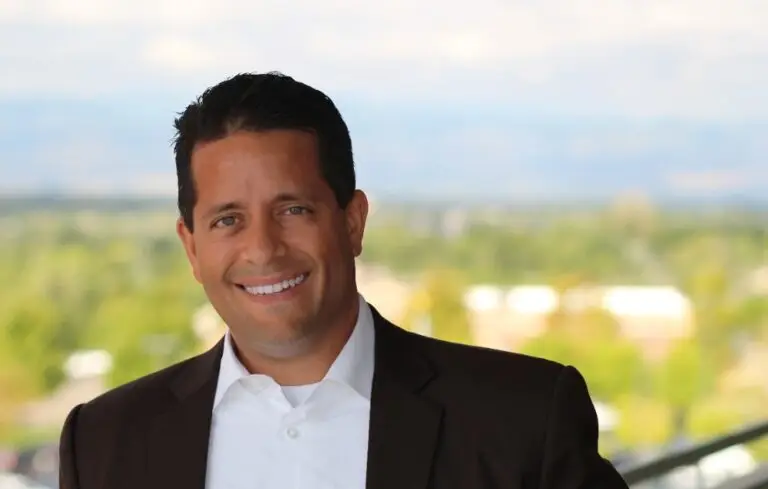Now that the votes have been counted in the 2024 elections, new uncertainties for business leaders are clouding the horizon.
When it comes to the new administration’s impact on the workplace, for instance, important questions abound: How will President Trump’s new agency appointments affect the current regulatory landscape for employers? What will happen to the Biden administration’s pro-labor policies? Will there be downstream consequences for state and local measures?
For now, much remains unclear. What we do know, however, is that even though Republicans have control of Congress, their narrow margin of victory means the White House will likely attempt to affect many policy changes through executive orders and administrative regulations.
With that in mind, here’s what CEOs should consider as they start preparing their workplaces for 2025 and beyond.
Federal Regulatory Activity Will Slow
A Trump administration can take action immediately to appoint new chairs to federal agencies and let pending Biden-era workplace regulations – plus challenges to the first Trump administration’s executive actions – die on the vine.
The end result will likely be a slowdown in regulatory activity and a scaling back of Biden’s pro-union policies. Below are some key areas CEOs should keep an eye on, organized by federal agency:
U.S. Department of Labor (DOL)
During the Biden administration, the DOL issued a number of significant final regulations, including rules around white collar overtime exemptions and independent contractor status, which aimed to repeal and replace prior Trump administration regulations. Both faced legal challenges, with a federal court just recently striking down the overtime rules. The Biden DOL may seek to appeal that decision, but it is unlikely the Trump DOL will pursue the appeal. Depending on how the legal challenge to the independent contractor regulations fare, a second Trump administration will likely repeal the Biden-era rule and restore Trump-era policy.
National Labor Relations Board (NLRB)
On Inauguration Day, President Trump will likely designate Marvin Kaplan (the NLRB’s only current Republican member) as chair or acting chair of the Board and remove NLRB General Counsel Jennifer Abruzzo. Kaplan will be the Board’s sole Republican member, and it is likely he will be outnumbered by Democratic members David Prouty and Gwynne Wilcox until two Republican vacancies are filled.
In keeping with President Biden’s pledge to be “the strongest union president ever,” General Counsel Abruzzo has been aggressive in seeking to shift Board law and policy away from those she views as favoring employers and toward those favoring union organization.
A Republican general counsel will seek to reverse course, including when it comes to many of the interpretations of the National Labor Relations Act advocated by Abruzzo; however, it will be difficult to adopt new positions on these issues until there is a Republican majority of members on the Board.
Equal Employment Opportunity Commission (EEOC)
President Trump will likely tap current EEOC commissioner Andrea Lucas to serve as chair. As with the NLRB, however, Lucas will find herself outnumbered by Democratic members on the Commission, three to one – a situation that will likely continue for some time.
Upon attaining a Republican majority, the Commission may seek to roll back the collection of workplace demographic data and limit the agency’s interpretation of Title VII regarding protection for LGBTQ+ workers. An EEOC under Trump likely will also take a narrower view of what’s permissible under DEI initiatives.
Federal Trade Commission (FTC)
In 2023, the FTC made headlines by proposing rules that would effectively ban almost all non-compete agreements in the U.S. workplace. In August 2024, the final regulations were struck down by the U.S. District Court for the Northern District of Texas. The FTC has begun the process of appealing that decision. A Republican FTC will likely abandon this appeal and leave the regulation of non-competition agreements to state courts and legislatures, as historically has been the case.
Occupational Safety and Health Administration (OSHA)
At least one Biden-era regulation involving OSHA is currently subject to challenge: the so-called “walkaround” rule, which would allow employees to designate a non-employee third party as their representative during an OSHA inspection.
This regulation has long been sought by organized labor and was strongly opposed by the employer community. A second Trump administration will very likely repeal it if it survives judicial scrutiny.
State and Local Legislative Activity Will Increase
Amid ongoing federal legislative gridlock, states and localities will continue to be the primary drivers of employment law changes.
This election cycle saw several ballot initiatives, legislative proposals and legal challenges at the state and local levels that CEOs should have on their radar. For instance, measures to increase the minimum wage passed in Alaska and Missouri, while Nebraska, Alaska and Missouri approved ballot initiatives that mandate paid sick leave.
Employers should also expect more state and local regulations that establish guardrails for artificial intelligence use. There have been more than 700 different proposals across 45 states this year, with Colorado having passed the most comprehensive AI regulation bill.
As for labor management relations, there have been growing challenges to so-called “captive audience meetings” in which employers voice concerns about union membership. Bans are currently in effect in several states and, most recently, California adopted a law subjecting most employers deploying such techniques to penalties starting in January. Further complicating this area, the NLRB just ruled that such meetings are illegal, upending over 75 years of legal precedent.
Planning for the Year Ahead
Though questions remain, what’s clear is that 2025 will bring a host of changes to the workplace, both logistically and legally, and related to a range of issues—from labor relations and diversity initiatives to wage and hour rules and the use of AI in HR.
In every case, advanced planning is critical to ensuring a productive, legally compliant workplace. Now is the time for CEOs to take proactive measures to prepare for what’s to come.







